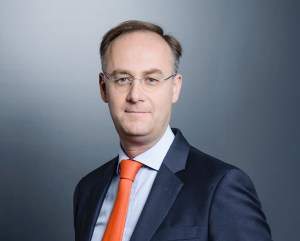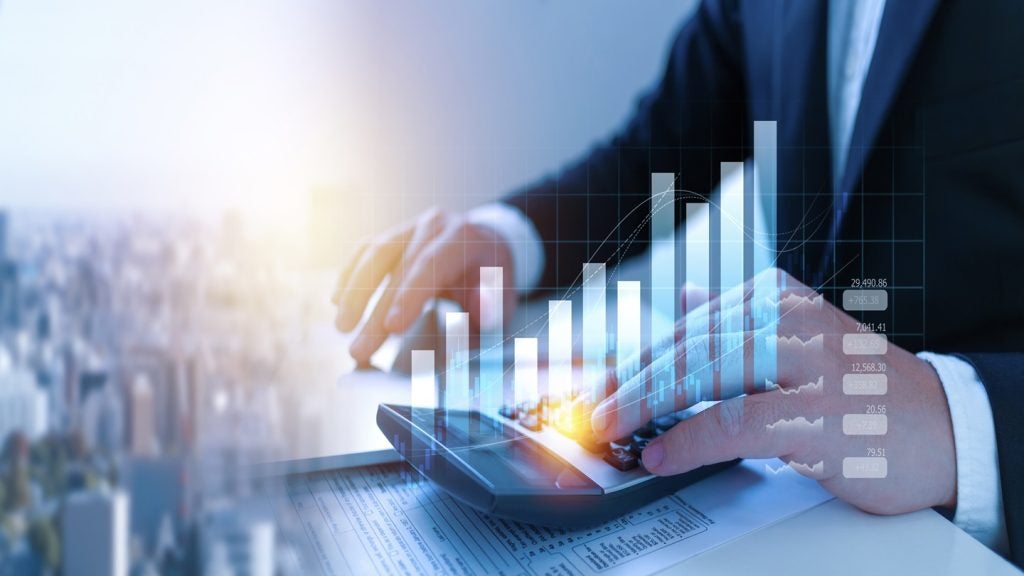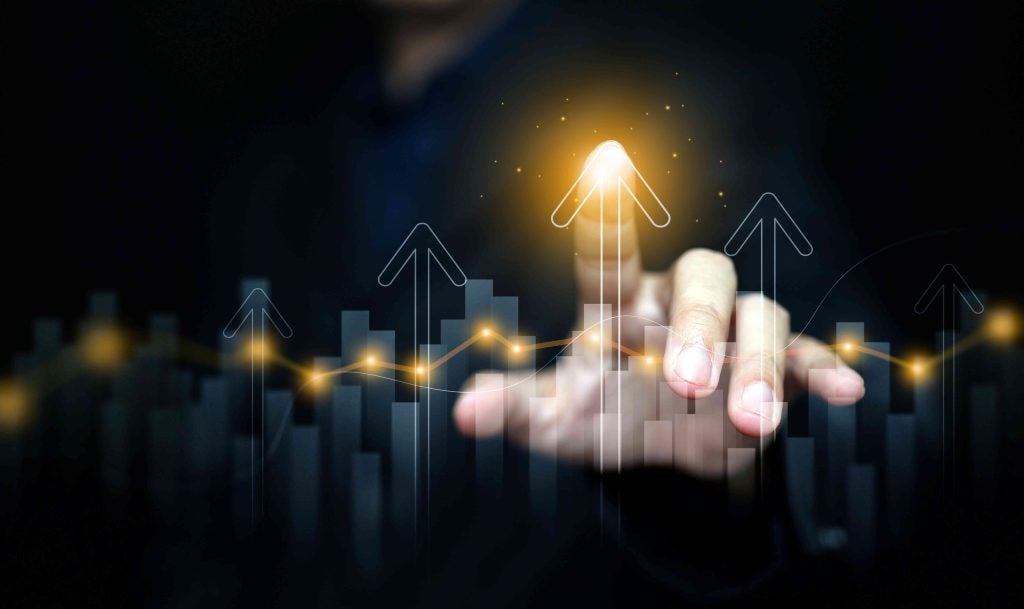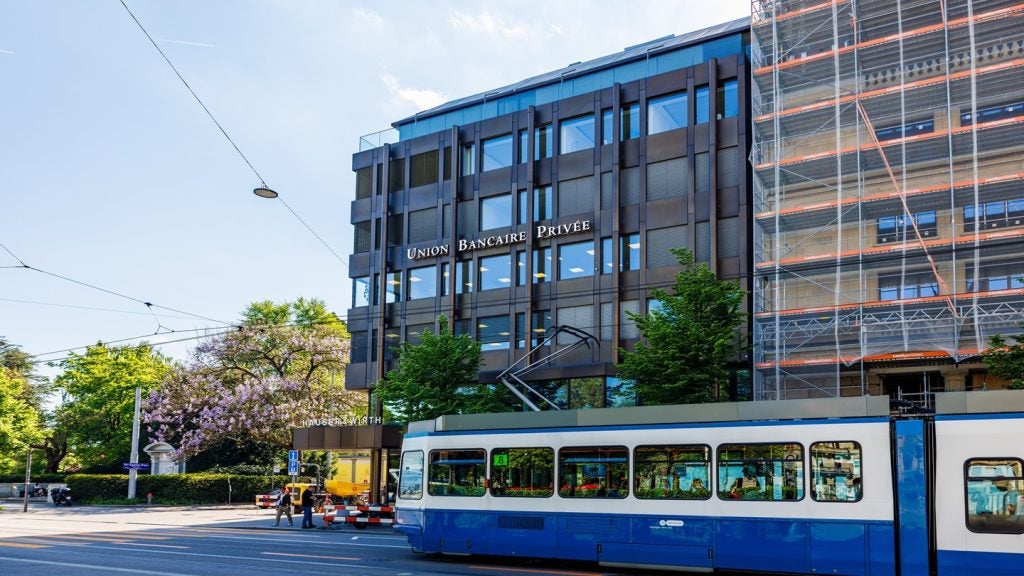
Paul de Leusse, CEO of Indosuez Wealth Management, the global wealth management brand of Crédit Agricole Group, tells Ronan McCaughey why the provider made the transition from being a private bank to a wealth manager by restructuring its product and service offering. He also discusses the wealth manager’s digital and innovation strategy for 2018.
Private Banker International (PBI) What is your plan for Indosuez Wealth Management?
Paul de Leusse (PDL): Indosuez has €112bn of assets under management and just under 3,000 staff. My aim is for Indosuez to have €200bn of assets under management.
Although we are in 14 countries, in each of these countries, you will find all the expertise of Indosuez. By this, I mean that we have around 12 product lines and each of these product lines is represented in each of our markets. This is quite different from other competitors, which tend to focus their expertise on their hubs.
From 2012-2015, we shifted our brand positioning from being a private bank to a wealth manager. This meant a change in client focus, products and expertise and the depth of our offering.
At the end of this first phase, we launched a new brand, Indosuez, which replaced Credit Agricole Private Banking.
I joined in May 2016 and when I arrived I prepared the Indosuez 2020 strategy. This is based on several pillars including transforming commercial offers, the segmentation of clients to increase revenue and return on assets (RoA).
Overall, the wealth of the wealthy is growing, and quite fast at around 6% per year. But the bad news is that there is a decline in return on assets. In all private banks, we typically see a decline of 1% in RoA.
That is why the first pillar of my plan is to accelerate growth, both organic and external, and increase RoA by developing a more segmented approach of our clients and our offering.
In terms of external growth since I joined, Indosuez Wealth Management announced the signing of a referral agreement in October 2016 between HSBC Private Bank and CFM Indosuez Wealth Management in Monaco.
In addition, in July 2017 Indosuez Wealth Management announced that it reached an agreement with Crédit Industriel et Commercial to acquire the latter’s private banking operations in Singapore and Hong Kong.
Last but not least, in November 2017, Indosuez Wealth Management signed an agreement with the main shareholders of Banca Leonardo, to acquire 67.67% of Banca Leonardo, a leading wealth manager in Italy.
`Carrying out digital transformation is the second pillar of Indosuez’s plan. In terms of our digital offering, we asked customers what they wanted by surveying around 300 clients in 2016.
What was very interesting is that clients said we want your digital offering to have a positive relationship with our banker and wealth manager, by sending information to us and creating ways to discuss matters with the client.
However, a 100% robo-advisory option was not ranked very high in the survey, which is good news as we believe in the 100% digital and 100% human relationship. By this, I mean that the role of the relationship manager, the human dimension of our offering, will continue to be extremely important and that the digital offering will complement this.
We will launch a new app in 2018, which will provide clients with comprehensive information about their assets and privileged access to research as well as some innovative features to facilitate discussions with their bankers about ways to enhance their portfolio.
I think our industry is a little behind other sectors of banking, such as retail banking in terms of digital technology and that’s why I want to invest intensively in digital.
The third pillar of the Indosuez plan 2020 is to simplify the bank’s organisation and improve profitability. Indosuez has an IT innovation department, which is based in Switzerland, which also operates for non-Indosuez entities.
This means some third-party private banks use our IT operations and this is something I want to develop. That is why we have decided to transform it into a subsidiary.
It was just a department and will be transformed into a subsidiary. We are actively seeking a tech company to partner with us on this development.
The fourth pillar of Indosuez’s plan involves uniting staff around a common project and cultivating an environment allowing each member of staff to achieve their full potential.
PBI: Why did Indosuez switch from being a pure private bank to becoming a wealth manager?
PDL: Wealth management is not only about products, but it answers the overall needs of the clients in terms of advice. A lot of what we do is based on client research. We go out and ask our clients what they are looking for.
This was why it was a real corporate project when the bank moved from private banking to wealth management because we realised we could not claim to be a wealth manager if we did not have a complete offering that addresses all our clients’ needs.
PBI: Are there other markets Indosuez plans to enter in 2018?
PDL: My feeling is that many small players will not remain in the coming years, so the number of M&A’s in the market has doubled. In terms of the acquisitions we have completed, I only wanted to buy operations in countries where we were already present, so that they could be integrated easily.
Our priority for now is to ensure that our recent acquisitions are fully integrated into Indosuez. Obviously, if there is great opportunity on the market we will look at it.
I have been asked many times by my staff if we should open an operation in the UK. Clearly, if we want to expand our capabilities in Europe, two geographies that would make sense are the UK and Germany.
If I was to consider Indosuez being in the UK and Germany, I would perhaps prefer a greenfield development. But this is not on the agenda today.
PBI: What new digital projects will Indosuez focus on in 2018?
PDL: What came out of the survey as a clear number one priority Is for clients to have a view of their portfolio and a way of contacting their adviser.
A second priority, which we will develop in the coming months, is any way to simplify a [ client’s] relationship [with us].
Private banking and wealth management has become very intensive in terms of paperwork and so anything to reduce this paperwork would be welcomed by clients.
Robo-advice came very low in the survey so it is an area where we will do some first analysis because we want to see how robo-advice can work, but it is not something at the top of the agenda.
PBI: What differentiates a player such as Indosuez from other major wealth managers?
PDL: What makes us special is the fact we are purely focused on wealth management. In many universal banks they tend to oversize their assets under management by including affluent banking as part of their private banking operations.
The second difference is that in all of our 14 markets, we have all our offerings. We do not just have small offices and hubs.
Another point of differentiation is that we consider credit to be part of our offering. Around 12% of our assets are leveraged, which means we lend to clients. Not all private banks lend to clients.
PBI: What new innovations and services is Indosuez planning to launch in 2018?
PDL: We intend to provide clients with two types of information: the first is an SRI note of their portfolio, so they will be able to analyse their investments in terms of social responsibility.
We are also working on a model to calculate the carbon footprint of each portfolio
PBI: How do you expect offshore investment centres to be affected in the wake of the Paradise Papers controversy?
PDL: My feeling about offshore centres is that more and more we will be living in a transparent world and that more and more countries will join the Automatic Exchange of Information (AEOI) scheme.
Last year, Indosuez made the decision to only work with clients living in countries that participate in AEOI.
We don’t need offshore centres for tax reasons, but there will still be reasons to use them. For security or geopolitical reasons, for example, as safe havens.







